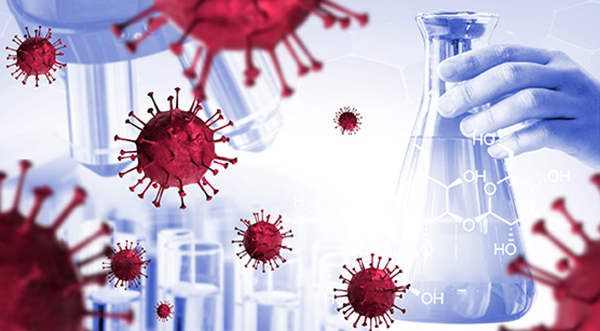
Better to stay alert, Omicron could make things uncertain: WHO official

While it is yet to be not known whether the Omicron variant, which has spread to 59 countries so far, is likely to trigger a third wave of the pandemic in India, World Health Organisation’s regional director for South East Asia, Dr Poonam Khetrapal has said it is better to stay alert as the variant could make things “uncertain”.
“The pandemic is still around. The risk of COVID-19 remains high globally in view of the surge being witnessed in other parts of the world, and the emergence of new variants,” Khetrapal told a prominent news website.
Advising South Asian countries to step up vigilance, Khetrapal said stress must be laid on strengthening surveillance, public health, social measures and scaling up vaccination coverage.
Also read: ICMR team in Assam develops Omicron kit that gives result in 2 hours
India so far has logged 36 cases of the Omicron variant across the five states.
Stating that the variant is anticipated to have a “major impact” on the course of the pandemic, Khetrapal said WHO has asked countries to provide more data to get a clearer picture on Omicron’s behaviour. That apart scientists are still studying on its severity and capacity to infect vaccinated individuals among others.
“Certain features of Omicron, including its global spread and a large number of mutations, could have a major impact on the course of the pandemic. Exactly what impact it will be is a little difficult to know. To help build a clearer picture, the WHO has called on countries to submit more data. Thousands of experts have been convened to analyse the data,” Khetrapal was quoted as saying.
The WHO representative said recent data from South Africa, where the initial cases of the variant were detected, show that an increased risk of reinfection from Omicron. Even though some studies suggest that Omicron is milder than Delta, she said it is too early to come to a conclusion.
Also read: Why does Omicron cause reinfection? Quick facts from WHO update
While the WHO has been recommending countries to constantly test and trace their people, Khetrapal said while countries should prioritise surveillance and genome sequencing, initial cases and clusters should be reported without fail.
“It is also important to monitor pressure on the healthcare system like the number of beds. Comprehensive, tailored and timely public health and social measures must continue to contain transmission. The earlier the measures are implemented, the less restrictive they need to be effective. All efforts to scale up vaccination must continue,” Khetrapal added.


